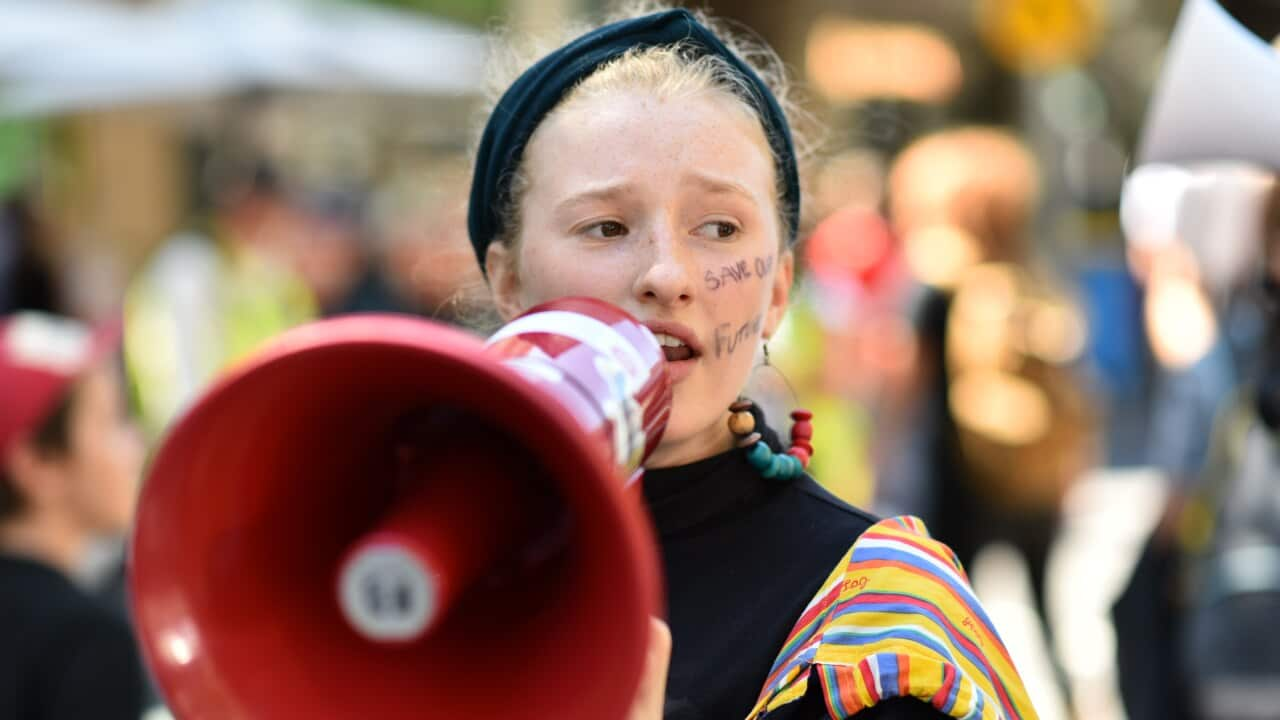The environment is the greatest concern for Australian children aged between 10 and 16, a national survey has found.
The results of the Unicef survey, released on Wednesday to mark World Children's Day, showed 28 per cent of respondents named treatment of the environment as the most pressing issue for the world.
The issue, which encompassed water and other forms of pollution, climate change and extinction rates, was also the number one concern when asked to consider what needed to be improved in their own lives, their local area and Australia.
Unicef Australia's young ambassador Josh Brittain said views on the environment tended to become bleaker as children got older.
"You could track how their optimism falters as they get older," he said.
The 20-year-old said children and young people were asked to name the first thing that popped into their head when they thought of the environment.
"As we were talking to younger kids they'd say things like animals, plants, turtles and as we talked to older kids, maybe around year 6 or 7, they'd say things like littering or sustainability," he said.
"And as we got to the later years like 11 or 12 exclusively like death destruction, hopelessness."
The 602 children and young people in Australia surveyed for the report strongly rejected the notion their views were manipulated or a regurgitation of their parents or teachers' ideas.
Eighty-five per cent said that they solidly held their own views, with 37 per cent saying adults encourage them to think for themselves. But Mr Brittain said many felt their views on issues like climate change were not taken seriously, particularly by political leaders, reflected in the massive climate strikes in Australia led by young people in September.
But Mr Brittain said many felt their views on issues like climate change were not taken seriously, particularly by political leaders, reflected in the massive climate strikes in Australia led by young people in September.

Young protesters make their voice heard at the Strike 4 Climate rally in Sydney in September. Source: AAP
"We needed to be included in the decision making because nobody is more invested than we are. This idea that young people are not capable of coming up with solutions or we do come up are just products of their parents ... is an absolute fantasy," he said.
Unicef Australia director Nicole Breeze said the survey results reinforced the need for a national youth peak body to be funded to provide a channel for children and young people to directly influence policies that matter to them.
"They are feeling frustrated by the political process and many of them are seeing that their last resort or only option is to step more into this strike mode," Ms Breeze said.
Unicef has conducted similar surveys in other countries.
"What we do see is the level of disengagement and worry about the political level of engagement is very high in Australia in contrast to countries like Canada and elsewhere," she said.
Despite their concerns, the majority of children and young people said they enjoyed growing up in Australia.

